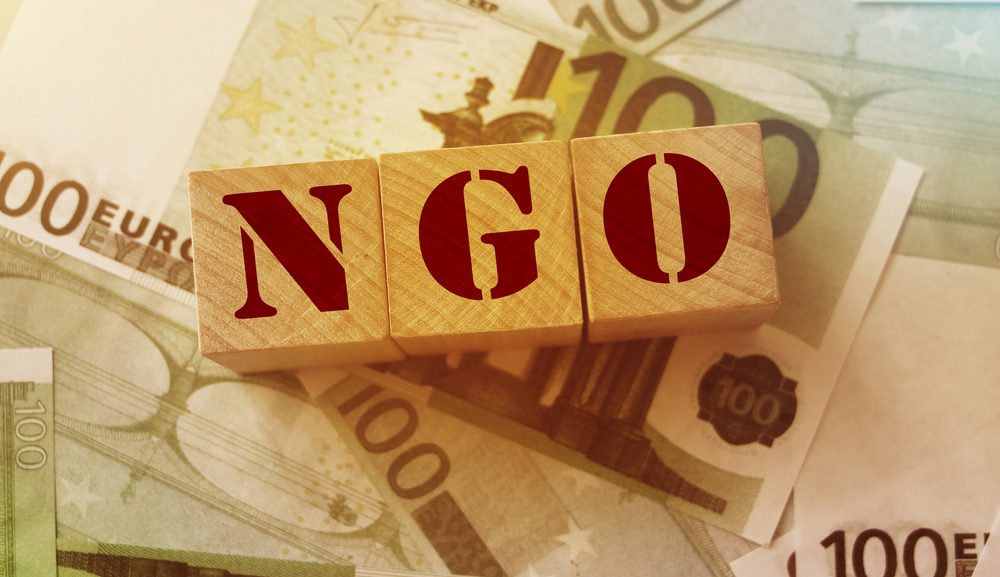A group of 230 non-governmental organizations has signed a joint letter sent to EU Commission President Ursula von der Leyen on Tuesday, May 2nd, expressing “concern and opposition to a proposed ‘foreign interference’ directive which would create a register of Foreign Funded organizations.”
“This legislation could have unintended negative consequences, hindering [NGOs’] ability to fulfill their role as defenders of democracy in Europe and beyond, [while also limiting] the EU’s capacity to support civil society at risk and human rights defenders globally,” the letter argues.
The EU’s ‘Foreign Interference Law’—also referred to by the letter as an “EU FARA law” to signal its resemblance to the U.S.’ Foreign Agents Registration Act—was first announced by the Commission in 2022 as a transparency tool to be part of the upcoming Defense of Democracy package, which is a set of proposed instruments that purport to “reinforce democracy and [the] integrity of elections.”
In sum, that law would create a public registry for NGOs with non-European funding, regardless of where the money comes from, in order to keep track of potential political advertising disguised as other types of benevolent or harmless activity.
As we wrote before, the package enjoyed the widespread support of European and global NGOs when it was first announced (with 14 major organizations even publicly welcoming it in a joint letter), for it was generally believed that the ‘interference’ aspect would target entities that are directly tied to European political parties (or would be somehow limited to Russian/Chinese influence) and, therefore, would be “crucial” to combat “authoritarian tendencies” and “attacks on the foundations of democracy,” the initial letter reads.
But as it was revealed two months ago—that the legislation will only focus on foreign-funded organizations, subjecting everyone to it equally—the same NGOs who lauded it suddenly backtracked on their opinion and started ringing the alarm. Ironically, the loudest critics of the law are the NGOs that deal with promoting transparency and democracy.
Tuesday’s letter is only the latest edition of the offensive of global NGOs rallying against the measure. At least partly U.S.-funded organizations seem to be overrepresented among the signatories, which include, for instance, Transparency International, Human Rights Watch, Democracy International, and George Soros’ Open Society Foundations, as well as several local asylum and LGBT lobbies.
In particular, the signatories of the letter complained that the EU’s transparency measure would “open the space for abuse and disproportionate and discriminatory restrictions on civil society organizations,” and “can foster a climate of distrust in the work of [NGOs].”
In other words, if NGOs were forced to publicly reveal their funding sources, certain European governments could (accurately) categorize them as political advertisers, hindering their ability to further their agenda—just as the law would have intended.
The letter even names Hungary, whose conservative government has introduced certain restrictive measures on foreign-funded NGOs suspected of pursuing political aims, which the signatories deemed “discriminatory, unjustified, and unnecessary.” Of course, the letter conveniently leaves out the fact that substantial evidence indicates that millions of dollars were poured into the left-wing opposition’s campaign last year from abroad through shady, foreign-funded NGOs, which clearly constitutes illegal election interference.
If preserving the integrity of European democratic processes is the goal, then it should be pursued regardless of whether Moscow or Washington is behind disrupting them.






